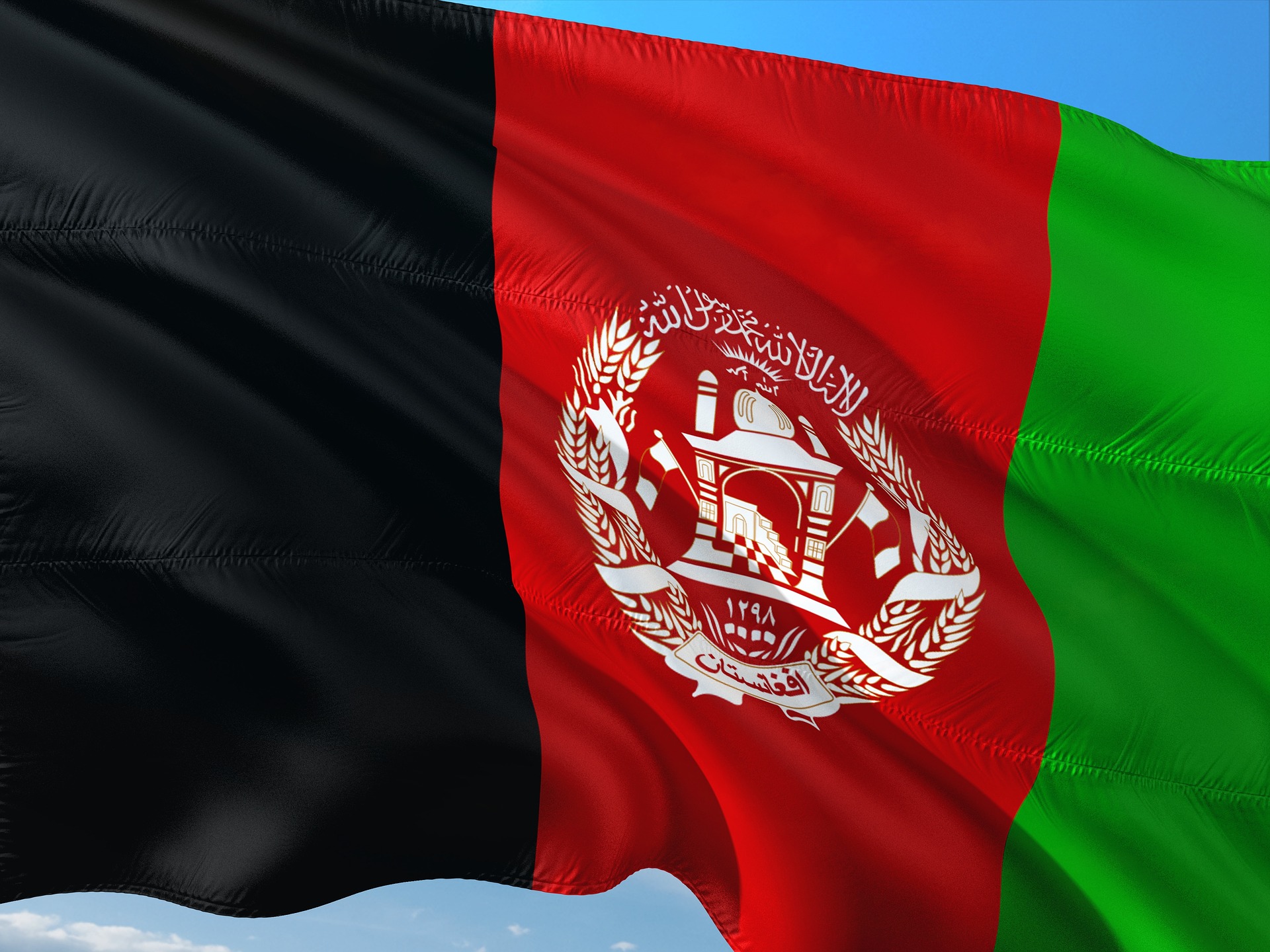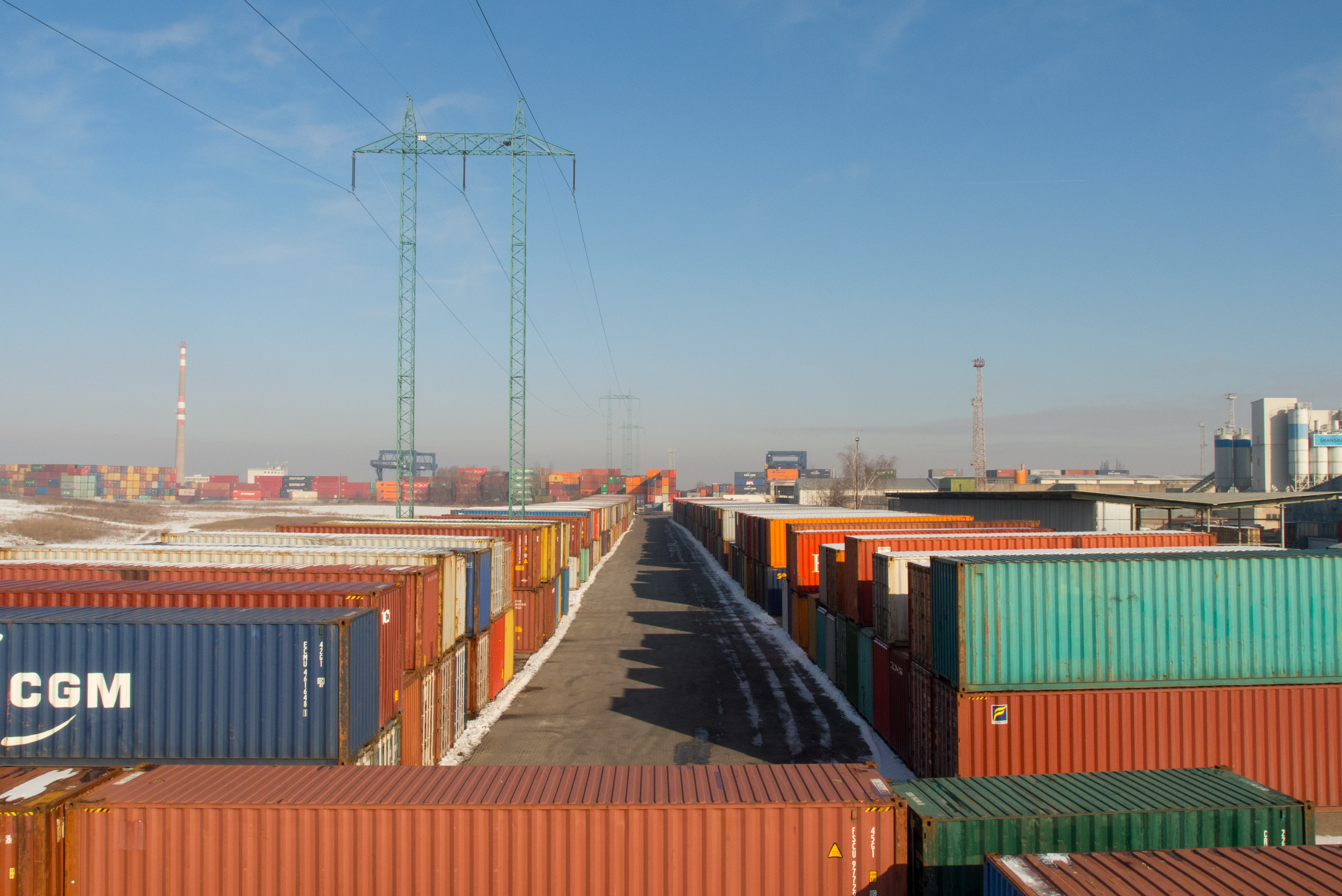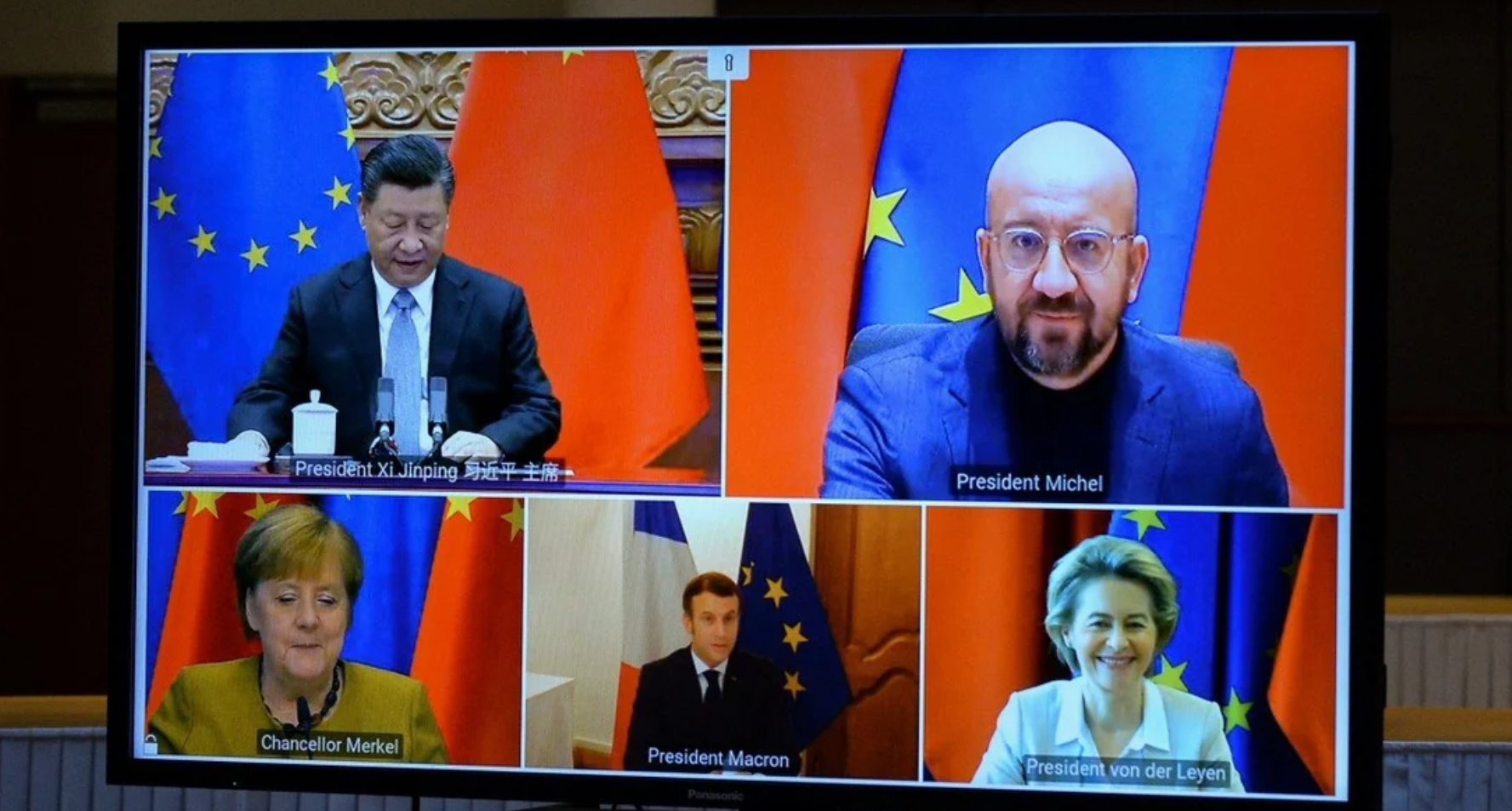Peace talks between the Afghan government and the Taliban have begun in Qatar on Saturday, 12 September 2020.
On this occasion, Andrej Matišák has polled several experts on the topic and asked them two questions:
- What do you expect will be the result of the talks?
- Ultimately, a peace agreement can be probably achieved only via a compromise but is it possible to say what are the red lines of both sides regarding the negotiations?
Answers
Jonathan Schroden, Director, Center for Stability and Development, CNA
I don’t think we should expect too much from this first round of talks. Most likely, they will involve a lot of speech making and posturing. Both sides will probably lay out their view of what the agenda for future talks should look like and I anticipate there being large differences between them. For example, the Afghan government will want a full ceasefire to be at or near the top of the agenda items, but the Taliban are unlikely to agree to that—they’ll want to hold the option for violence as far into the talks as they can. The Taliban will want to transition Afghanistan’s government from the Ghani administration to a group of caretakers in order to ease the transition to whatever form of government the talks arrive at, but Ashraf Ghani has made clear he’ll never agree to that. Given how far apart the two sides are starting, the best we should probably hope for in this first round is for the two sides to agree on a fixed date and location for the next round of talks, and perhaps the first few topics for the talks to substantively address.
Michael Kugelman, Deputy Director, Asia Program, Senior Associate for South Asia, Wilson Center
We should keep our expectations low. These type of negotiations tend to be measured in terms of years, not weeks or months. I imagine that the first round of talks will focus on procedural and technical matters. Once each side lays out its initial agenda points, we will see the first major disconnect of a peace process that is sure to feature many frustrations and obstacles: The Afghan government side will first want to discuss a ceasefire, or at least a violence reduction plan, while the Taliban will likely want to talk about power-sharing and the possibility of a transition government to oversee the negotiations. These are very different priorities.
The Taliban comes into these talks from a greater position of strength than the Afghan government. It has the luxury of time-it can come to the talks to see what’s on offer, but if it doesn’t like what it sees, it can simply go back to fight. Especially with US forces leaving Afghanistan, the insurgents may feel they are better off trying to take total power via the battlefield than trying to acquire partial power via negotiations.
Each side has been vague about its objectives, so it’s hard to identify red lines. That said, we can make some assumptions. For the Afghan government, I imagine that one red line would be a settlement in which the Taliban holds complete power, or it holds a degree of power within the type of hardline, theocratic system that was in place during the last 1990s.
For the Taliban, it likely won’t agree to anything that entails the current government continuing to hold power. The insurgents have been consistent in their messaging that they refuse to recognize President Ghani. This is a problem for Kabul, given that Ghani was just reelected to another term, and he has no desire to step down.
David Isby, Political and Defense Analyst, Author of Afghanistan: Graveyard of Empires
What I expect out of Doha is more of what has worked for the Taliban in past months.
They will insist that the negotiations are about the modalities of their re-assuming what they claim is their legitimate state power in Afghanistan. They will insist on a maximalist position and refuse to go forward to a process unless these demands are met. They will continue to emphasize the use of violence for political leverage, including targeted killings.
The Taliban do not need to be sophisticated diplomats to recognize that their insurgency is cheap to run and relatively unified, while the Islamic Republic of Afghanistan is expensive to run (especially its security services) and remains divided. The Taliban can be confident that they will continue to have sufficient resources to enable their insurgency in the future, with Pakistan, contributions from KSA and the Gulf and narcotics continuing to make this possible. The Islamic Republic of Afghanistan is reliant on the US and the international presence for key elements of its security capability (airpower, air mobility, and intelligence) as well as the aid that pays for both security and the state.
The Taliban have seen first-hand how anxious the US is to withdraw its commitments. As the conditions-based aspects of the US withdrawal appear to have been waived, the Taliban have little reason to doubt that sticking to their approach will yield success.
Asfandyar Mir, Postdoctoral Fellow, Center for International Security and Cooperation, Stanford University
Getting the intra-Afghan dialogue started has been enormously challenging. Since the signing of the peace deal with the US government in February, the Afghan Taliban has been trying to maximize negotiating leverage and keep the Afghan government in pressure — for example, the Taliban refused to start the negotiation until all 5000 of their prisoners were released and in the meantime maintained high levels of violence. For their part, the Afghan government sought to generate leverage by dragging their feet on the Taliban’s demands but ultimately struggled to hold ground due to political disputes among senior Afghan leaders, battlefield pressures, and the US’s dwindling commitment to the Afghan government.
So while the dialogue starting is a good thing, it is important to be realistic about what it can achieve and in what time frame. It will be a long, drawn-out process, with contestation over many thorny issues ranging from the power-sharing arrangement, the constitution of Afghanistan, to the demobilization of fighters. Also, note that the Taliban has also not been transparent on how they will prevent the use of Afghan territory for international terrorism, a commitment they have made to the US government. It is unclear how the issue of the Taliban’s guarantees against terrorism will impact the intra-Afghan negotiations.
Abdulaziz Sachedina, Professor, Chair in Islamic Studies, George Mason University
My reading of the situation in Qatar is that Arab govt have a better luck with the tribal groupings of the Afghani groups. By the cultural metrics it is not difficult to predict the behavior of inter-tribal rivalries. My hunch is that it is one more exercise in trying to resolve the politics of Afghani tribes. The only hope in this situation like the previous ones is the influence and the pressure exerted by the Arab intermediaries. The absence of that pressure will prove the whole attempt as futile.
Jorrit Kamminga, Policy Advisor for Oxfam Novib, Senior Research Associate, Clingendael Institute
It is very important that these negotiations finally start. For over 5 years there have been no formal talks, so the intra-Afghan peace process is very significant. Having said that, it will be a long process of several years before a sustainable agreement can be reached. In Colombia it took four years, in Afghanistan it might even take longer given the complexities and divisions involved. That is partly because anything agreed upon at this national level, should also have the backing of the main regional and international players, which often have conflicting agendas. So it will be a very difficult puzzle to find common ground.
In a way, both delegations come from different worlds with different visions of how the country should be run, but the red lines may not be as strong as we tend to think. For example, I think the Constitution can be changed, a power-sharing agreement is possible, and even a different government system. We hope that women’s and human rights are red lines, but we don’t really know. How can women’s rights be a real red line if the Taliban delegation does not even include women? But talking is always better than fighting, so hopefully, there will soon also be a ceasefire to accompany the peace talks.






